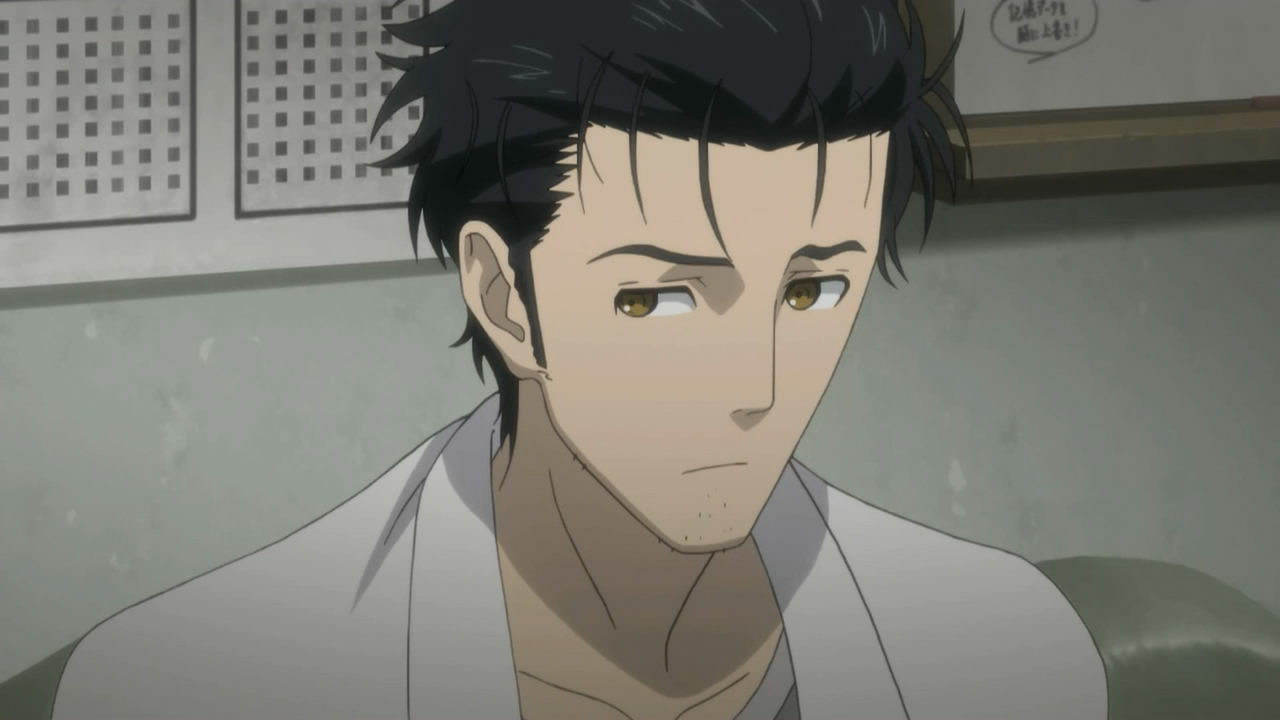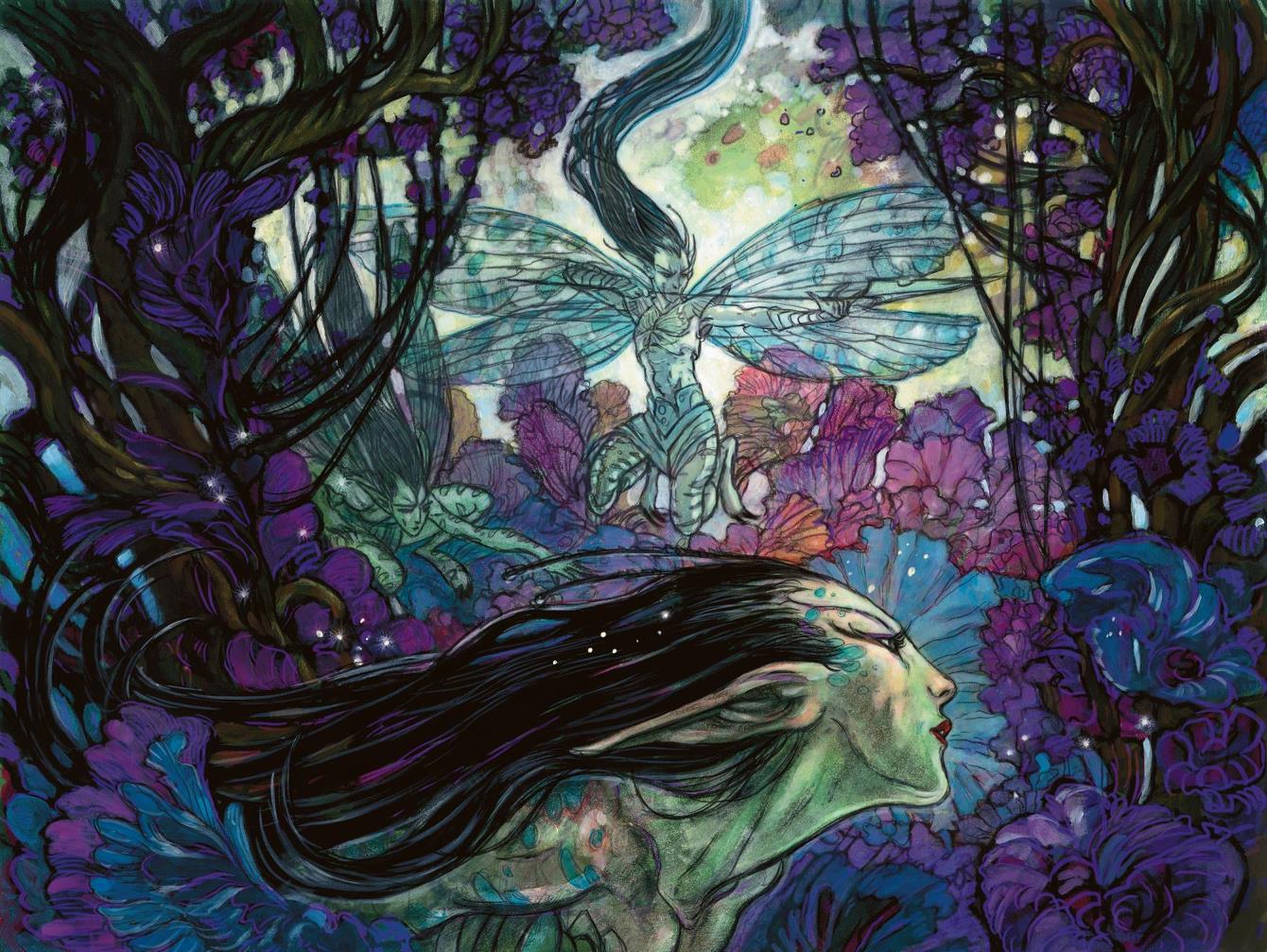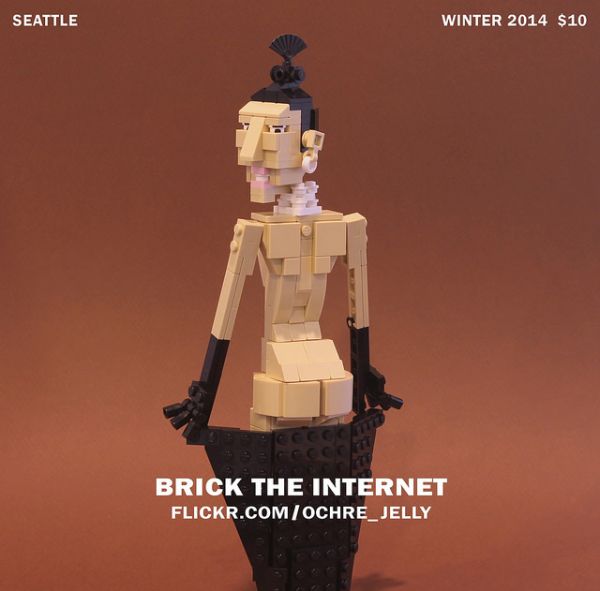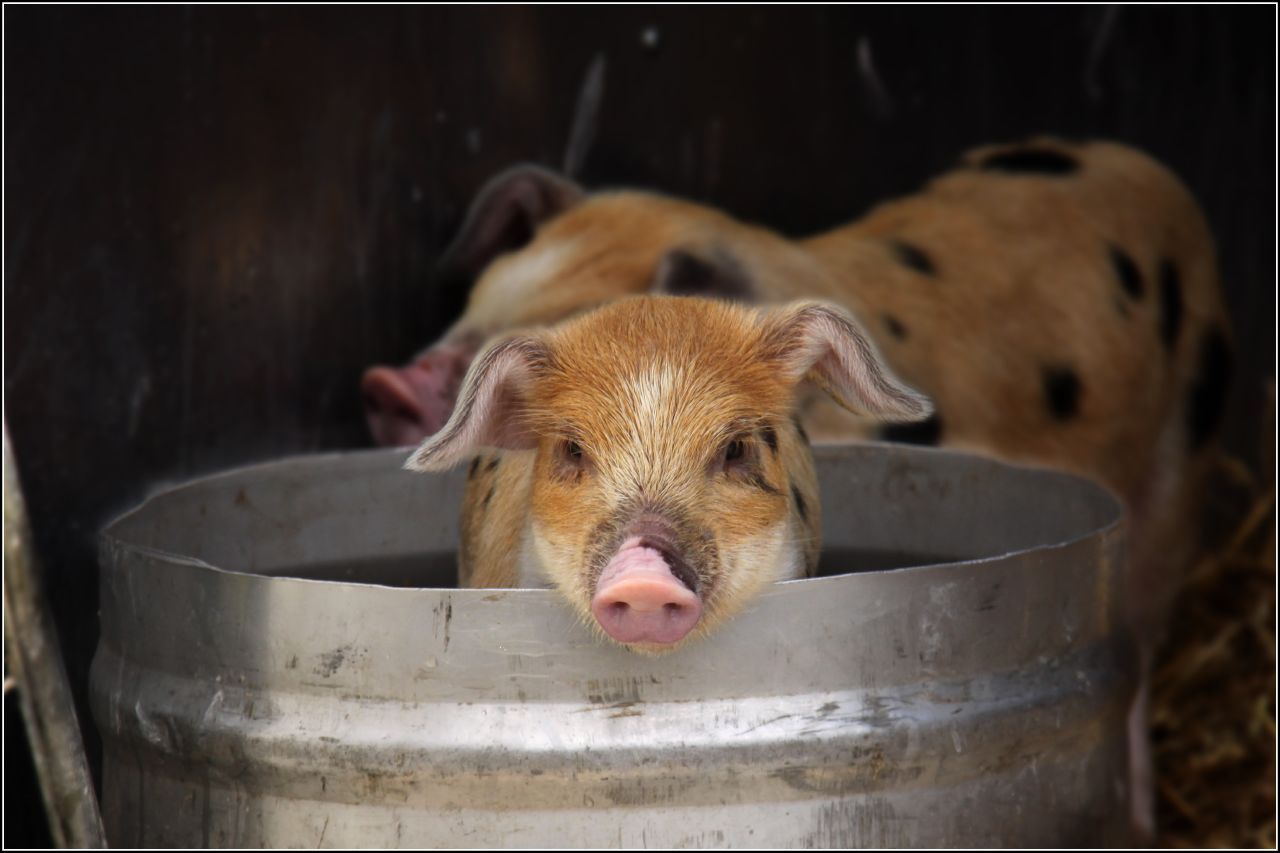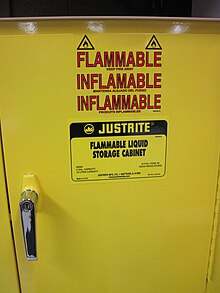-
Steins;Gate, to summarise in a sentence, is a fantastic story which I would be extremely hesitant to show to my friends. At the centre of the show is an amazingly well-crafted story that deals with interesting themes, but the surrounding shell of this metaphorical éclair is so heavily influenced by a very particular Japanese/anime culture that it's a bitter pill to swallow, and is as difficult to digest as this metaphor is to follow.
To put a swift end to the food metaphors, Steins;Gate is an anime that concerns time-travel, though, much like 'The Girl Who Leapt Through Time', it's not overtly sci-fi. Other than the obvious emphasis on temporal manipulation, the show is set in a more-or-less realistic depiction of Akihabara, a Tokyo district famed for it's electrical goods and Otaku culture. It's the implications of this setting that make it difficult for me to recommend this show to those who are not already fans of anime: those who are will probably have already made their minds up about the show, and those who are not will likely feel alienated by a culture that is perceived as abnormal and perhaps even a little creepy.
 |
| Is it a vibrant and colourful room that displays a man's passion for a subject, or an abstruse obsession that borders being perverse? |
Should I be encouraging the embracing of Otaku culture? I'm not sure. For those not aware, 'Otaku' is the Japanese word to describe someone with an obsessive interest, and while it can be used to describe any such pursuit, anime and manga are the normal haunts of an Otaku (with other interests usually being defined in the term, i.e, 'gun Otaku'.) Obsession is not necessarily a bad thing, and most self-described Otaku's, like most self-described anything's, are using the term hyperbolically, 'Otaku' is to 'anime' as 'gamer' is to 'game'.
Tangents aside, Steins;Gate most definitely embraces the Otaku culture. The character Daru is somewhat of a lecherous, perverted Otaku that claims the anime and manga girls that he fawns over are his 'wives'. It's mostly played for laughs, and the anime definitely knows when to downplay these light-hearted, stranger moments, but it also makes the show much less accessible to those not familiar with it. However, if you're willing to look past some of the strangeness, I think there's definitely a fantastic story here that anyone, anime-lovers or not, can really enjoy.
The show starts with a cold open; some profound sounding monologue from the main character that at first comes across as a bit pretentious, but in time it should become apparent that the main character is just trying to sound important, living out a fantasy of being some secret agent for an underground organisation. Through repeatedly calling attention to Okabe's delusions in this way, the series seems to be saying, "this is the real world, things like this do not happen", which makes the later time-travel scenes seem all the more impressive. There really is this sense of weight in the character's discovery/invention of a time machine, as though this really is ground-breaking because there's nothing to suggest that this mad science is the norm. In that sense, Steins;Gate is an incredibly tight anime, it knows it's themes and ideas and sticks to them well.
Things are intentionally vague and obscure at first. The main characters (Okabe Rintaro - a self-proclaimed mad scientist - and his childhood friend Mayuri Shiina) attend a lecture on time-travel, and after some weird scenes that either confuse the audience or appear not to make any logical sense, a character only just introduced as Kurisu Makise lies dead in a pool of blood. This is at the 8 minute mark, Then some more weirdness that leaves even the main character confused, and then a satellite crashes into the building Okabe and Mayuri were just in,
It's at this point that, for the first time, the opening of the anime plays. As a general rule of thumb, I tend to dislike anime openings for their tendency to somewhat ruin the plot of the show. Very often this is done by introducing many of the characters in a very short space of time, this can be incredibly frustrating, especially in a short series, as the characters are introduced into the plot at certain times for particular reasons. It can also negatively impact the reveal of a character's importance, a character that usually slips into the background, for example, can immediately be recognised as important to the viewer due to their inclusion in the opening. Steins;Gate, despite it's interesting visuals and good music, is a terrible offender of this, including every important character (possibly bar one) in it's opening cinematic. I would personally recommend skipping the intro, though this is made harder by having it play one third of the way into the first episode, but this is a pretty minute detail that largely won't affect anyone's enjoyment of the anime.
In contrast to the fast pace of the first 8 minutes, the first time I watched through Steins;Gate I felt like the plot was plodding along at a frustratingly slow rate, with reveals shrinking in comparison to the inevitable discovery of the time machine. However, looking back I think this was short-sighted of me. I had assumed that the plot revolved around the time machine, and what sort of hijinks Okabe and co. would be getting up to in it. However, the plot is rather less bombastic than that, despite the presentation. Through the setting of a tiny apartment (stemming from the anime's origin as a Japanese visual novel game) which can almost start to feel claustrophobic, the wider scope of the plot that is eventually revealed begins to seem overwhelming, and I could have nothing but empathy for the characters as they begin to realise the magnitude of the situation that they are in.
The apex of the show, therefore, is incredibly emotional. Dramatic tension builds as what appears to be the 'true' plot unravels. It also rewards astute viewers, allowing the audience to make the connections between past events that seemed trivial or confusing at first, and seeing how they relate to the current storyline, though these are later explained in more depth for those that were too absorbed in the story to have noticed. Had this show been a BBC drama, forums would have been rife with speculation, but as it stands the anime was released into a world where anyone could know the entire plot with a simple Google search - being an anime adaptation of a video game will have that effect.
At just 24 episodes long, Steins;Gate is deliciously short in the way that my favourite shows are. Easily bingeable on Netflix or DVD in a couple of days, or more regularly consumed over a week or two. There's also a special 25th episode (known as an OVA or Original Video Animation, the Direct-to-DVD of Japanese entertainment) which, to some degree, ties up the plot and gives the audience a chance to spend an extra 20 minutes with the characters that we've come to love throughout the series. While I wasn't a fan of the way in which it did advance the plot, as minimally as it did so, I can see how it would fulfil a certain craving of people to see more of the show, and to have a sort of epilogue and know how people's lives have been affected by the preceding episodes.
At it's heart, Steins;Gate is a thriller that balances never-hilarious but oft amusing humour with a fantastic, character-driven story. It's a show about the relationships between the characters, and emotions we can all relate to, that uses time-travel as a vehicle for its plot. Because of this, I hesitate to ascribe the anime the 'sci-fi' moniker. I wouldn't want a reader to be put off by images of lightsabers and laser guns, or even Doctor Who-style aliens. Truly, Steins;Gate is an anime for anyone that would enjoy a Tarantino or a Hitchcock, and I think it could serve as a fantastic introduction to the medium for any lover of thrillers, just so long as they can get along with, or get past, some of the very Japanese humour.
Steins;Gate is available to stream on Netflix (sadly they're not paying me to advertise for them), or can be purchased in full on both DVD and Blu-Ray, such as from Amazon.
Things are intentionally vague and obscure at first. The main characters (Okabe Rintaro - a self-proclaimed mad scientist - and his childhood friend Mayuri Shiina) attend a lecture on time-travel, and after some weird scenes that either confuse the audience or appear not to make any logical sense, a character only just introduced as Kurisu Makise lies dead in a pool of blood. This is at the 8 minute mark, Then some more weirdness that leaves even the main character confused, and then a satellite crashes into the building Okabe and Mayuri were just in,
It's at this point that, for the first time, the opening of the anime plays. As a general rule of thumb, I tend to dislike anime openings for their tendency to somewhat ruin the plot of the show. Very often this is done by introducing many of the characters in a very short space of time, this can be incredibly frustrating, especially in a short series, as the characters are introduced into the plot at certain times for particular reasons. It can also negatively impact the reveal of a character's importance, a character that usually slips into the background, for example, can immediately be recognised as important to the viewer due to their inclusion in the opening. Steins;Gate, despite it's interesting visuals and good music, is a terrible offender of this, including every important character (possibly bar one) in it's opening cinematic. I would personally recommend skipping the intro, though this is made harder by having it play one third of the way into the first episode, but this is a pretty minute detail that largely won't affect anyone's enjoyment of the anime.
In contrast to the fast pace of the first 8 minutes, the first time I watched through Steins;Gate I felt like the plot was plodding along at a frustratingly slow rate, with reveals shrinking in comparison to the inevitable discovery of the time machine. However, looking back I think this was short-sighted of me. I had assumed that the plot revolved around the time machine, and what sort of hijinks Okabe and co. would be getting up to in it. However, the plot is rather less bombastic than that, despite the presentation. Through the setting of a tiny apartment (stemming from the anime's origin as a Japanese visual novel game) which can almost start to feel claustrophobic, the wider scope of the plot that is eventually revealed begins to seem overwhelming, and I could have nothing but empathy for the characters as they begin to realise the magnitude of the situation that they are in.
The apex of the show, therefore, is incredibly emotional. Dramatic tension builds as what appears to be the 'true' plot unravels. It also rewards astute viewers, allowing the audience to make the connections between past events that seemed trivial or confusing at first, and seeing how they relate to the current storyline, though these are later explained in more depth for those that were too absorbed in the story to have noticed. Had this show been a BBC drama, forums would have been rife with speculation, but as it stands the anime was released into a world where anyone could know the entire plot with a simple Google search - being an anime adaptation of a video game will have that effect.
At just 24 episodes long, Steins;Gate is deliciously short in the way that my favourite shows are. Easily bingeable on Netflix or DVD in a couple of days, or more regularly consumed over a week or two. There's also a special 25th episode (known as an OVA or Original Video Animation, the Direct-to-DVD of Japanese entertainment) which, to some degree, ties up the plot and gives the audience a chance to spend an extra 20 minutes with the characters that we've come to love throughout the series. While I wasn't a fan of the way in which it did advance the plot, as minimally as it did so, I can see how it would fulfil a certain craving of people to see more of the show, and to have a sort of epilogue and know how people's lives have been affected by the preceding episodes.
At it's heart, Steins;Gate is a thriller that balances never-hilarious but oft amusing humour with a fantastic, character-driven story. It's a show about the relationships between the characters, and emotions we can all relate to, that uses time-travel as a vehicle for its plot. Because of this, I hesitate to ascribe the anime the 'sci-fi' moniker. I wouldn't want a reader to be put off by images of lightsabers and laser guns, or even Doctor Who-style aliens. Truly, Steins;Gate is an anime for anyone that would enjoy a Tarantino or a Hitchcock, and I think it could serve as a fantastic introduction to the medium for any lover of thrillers, just so long as they can get along with, or get past, some of the very Japanese humour.
Steins;Gate is available to stream on Netflix (sadly they're not paying me to advertise for them), or can be purchased in full on both DVD and Blu-Ray, such as from Amazon.

